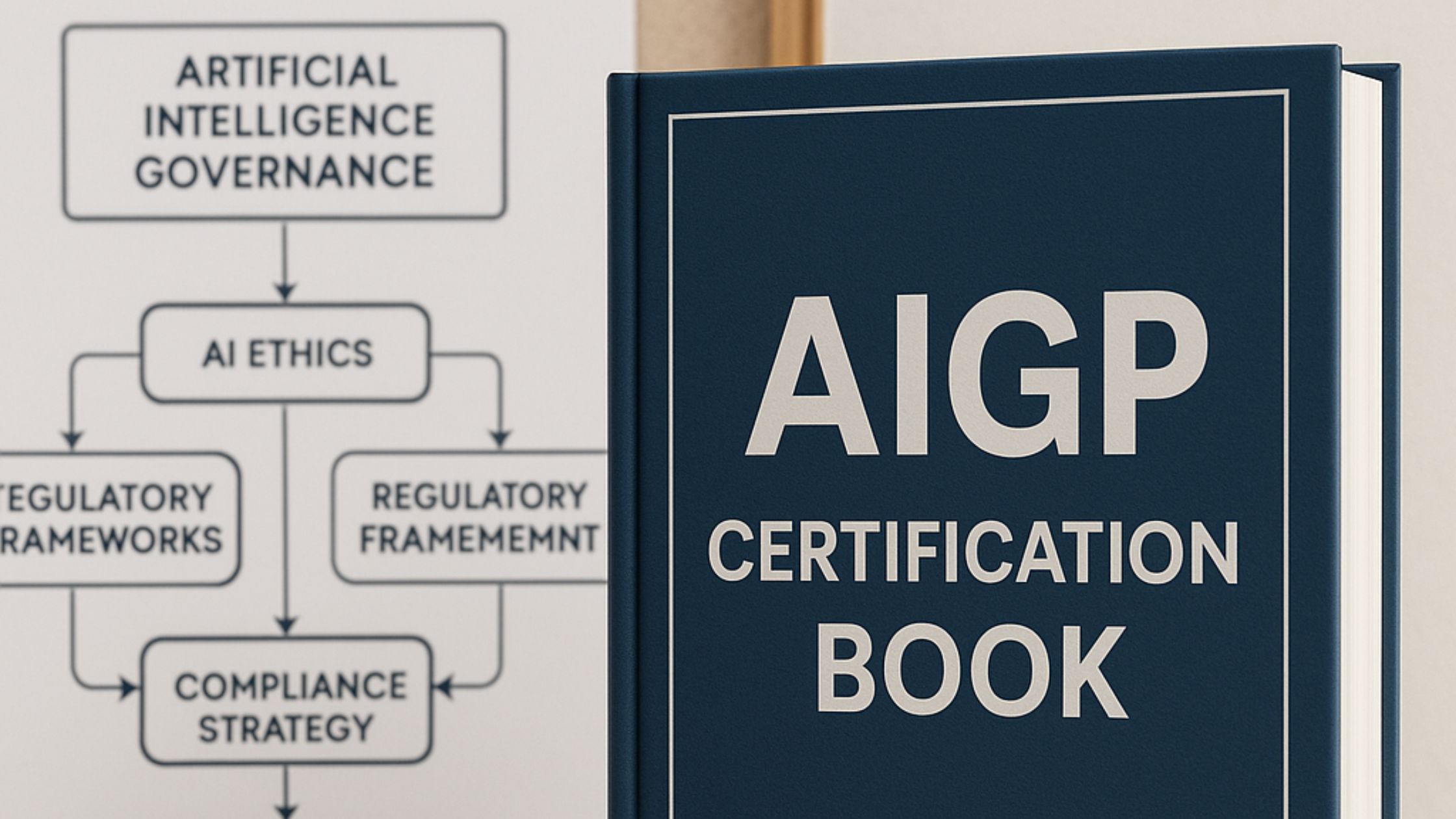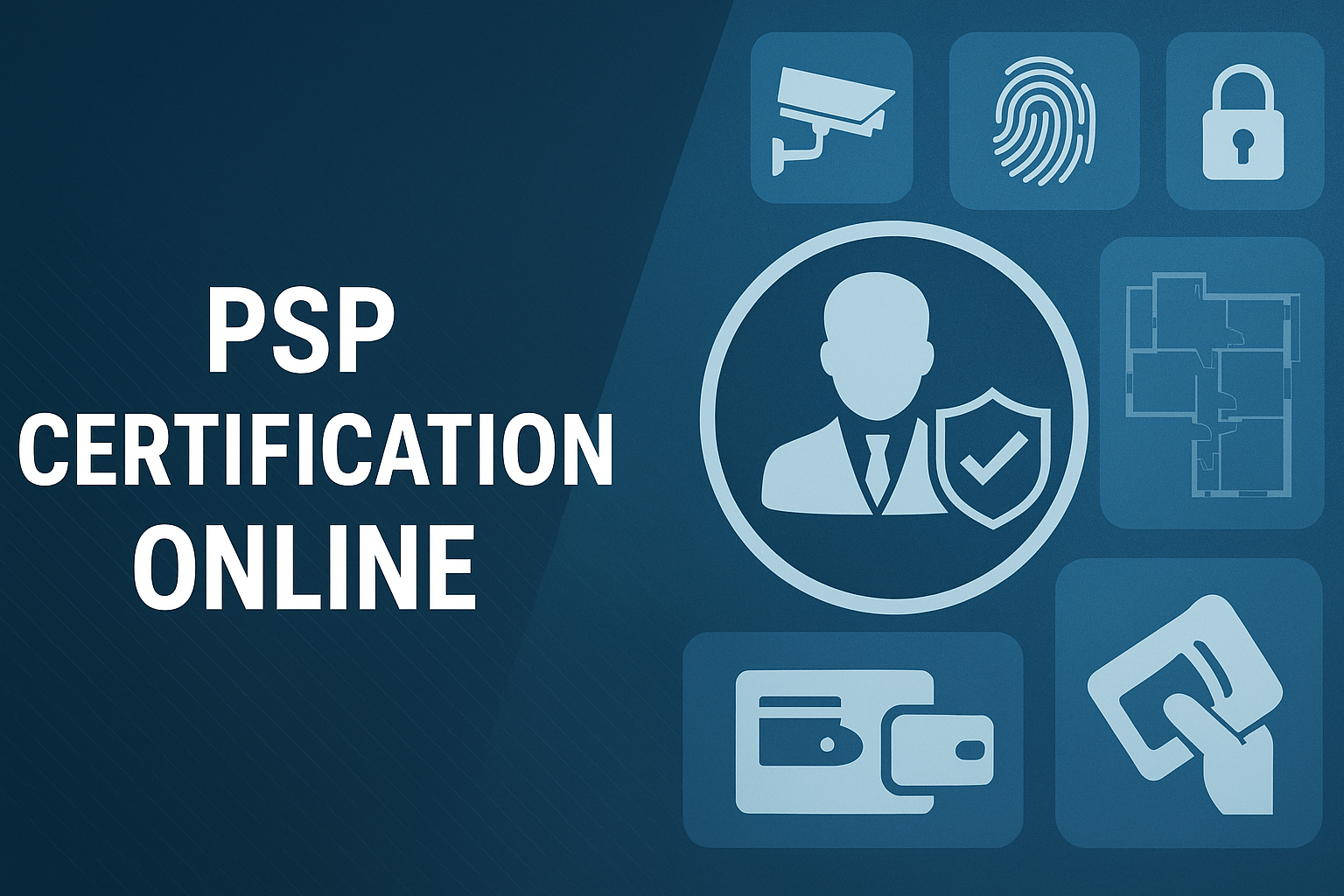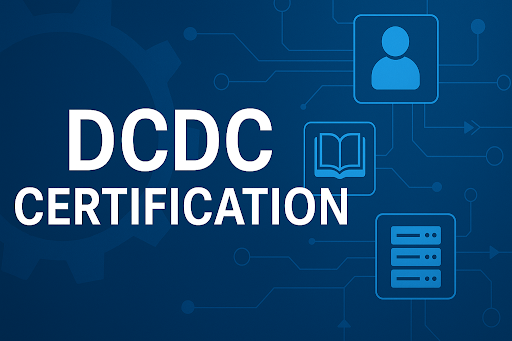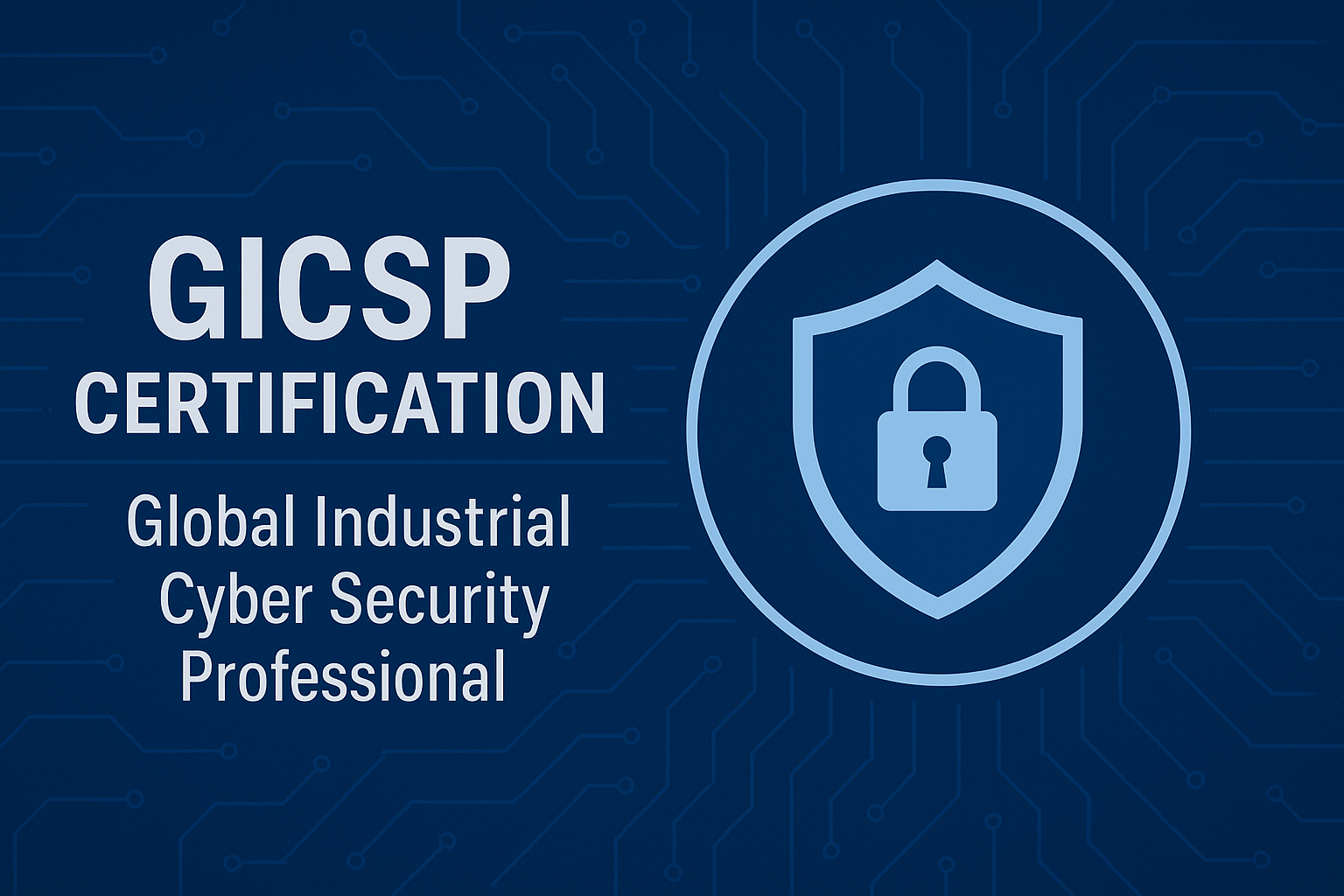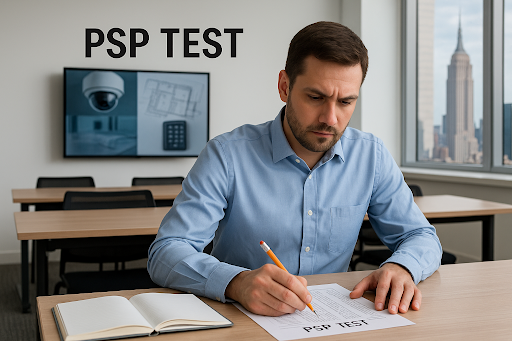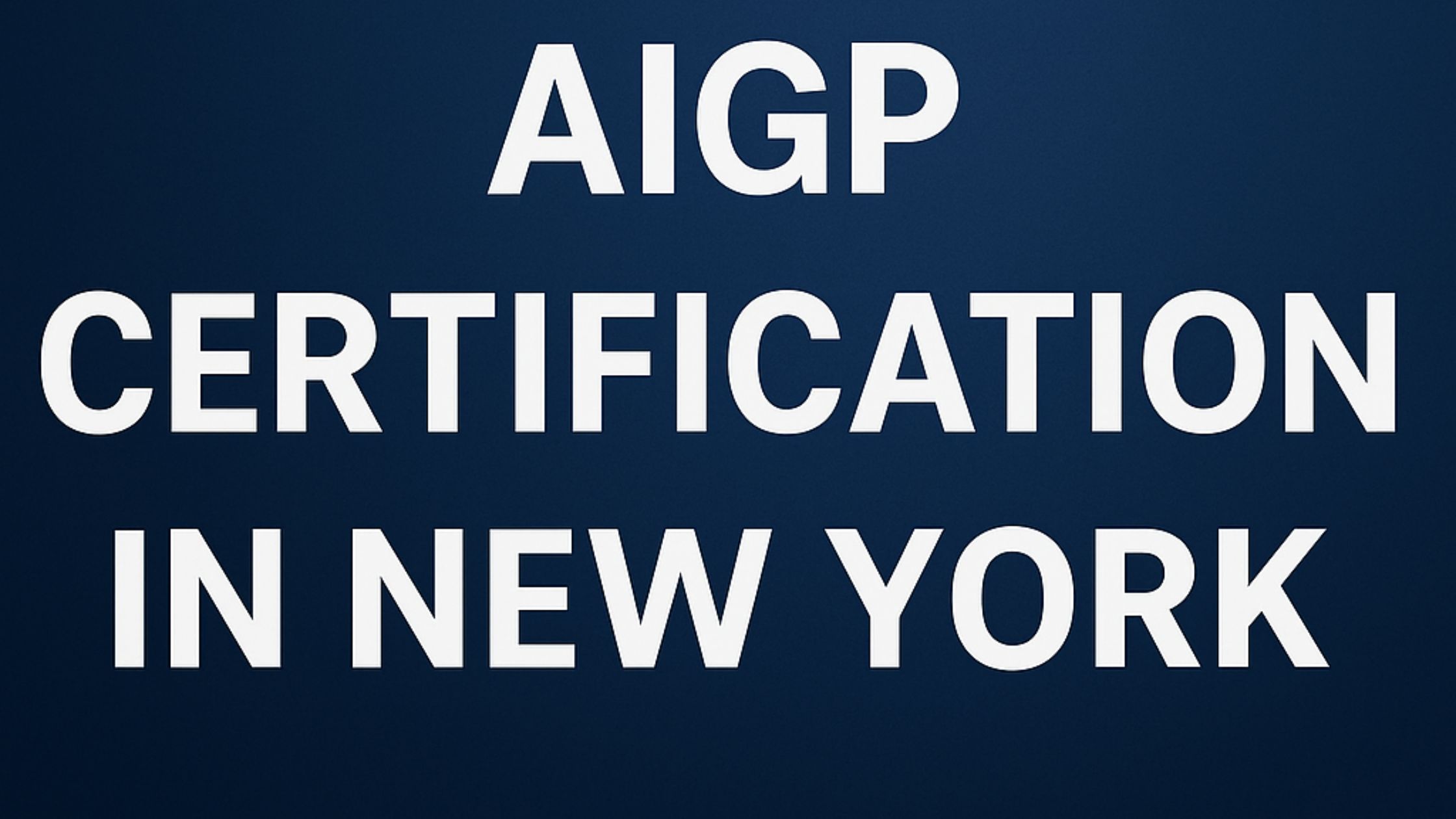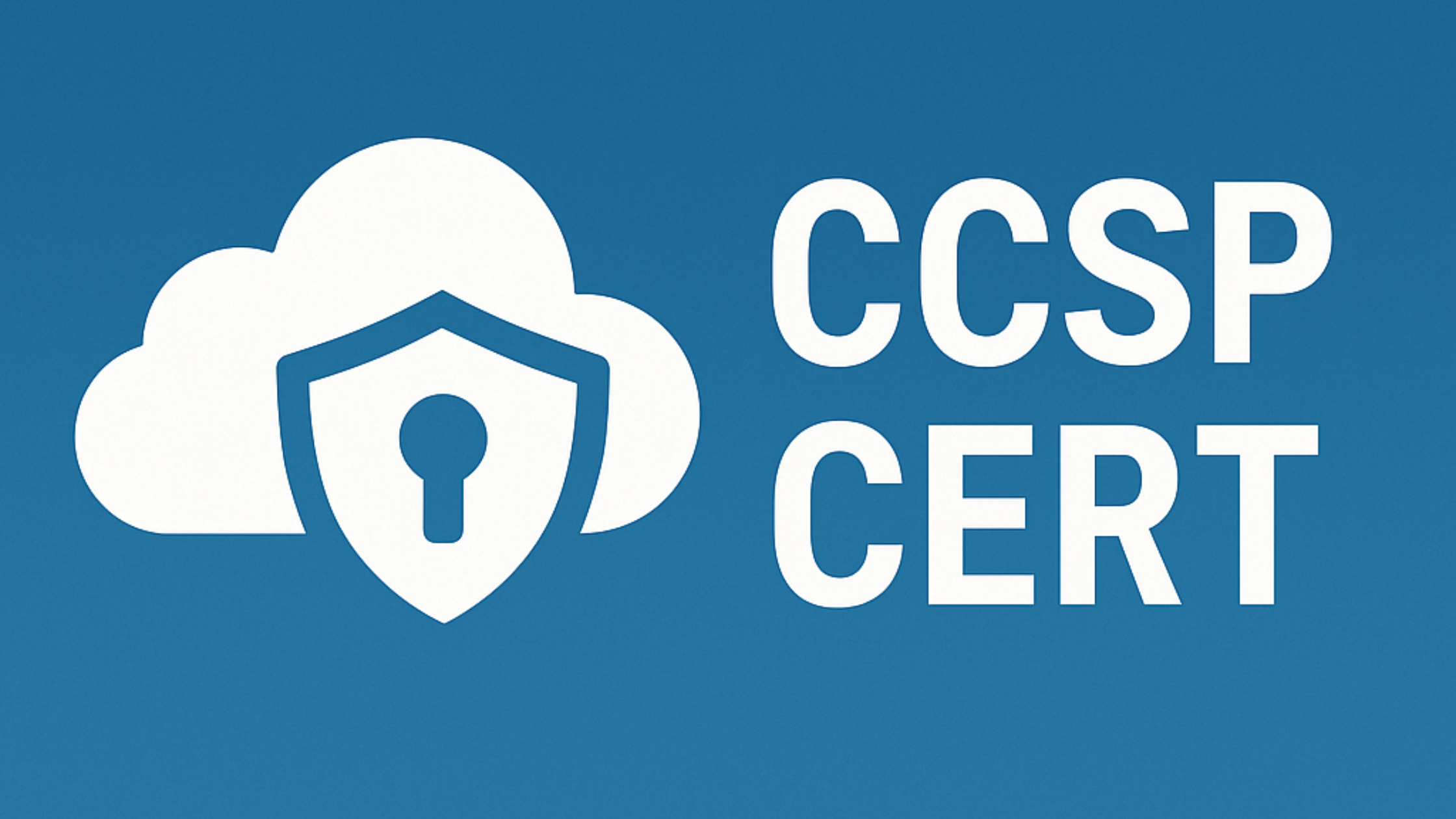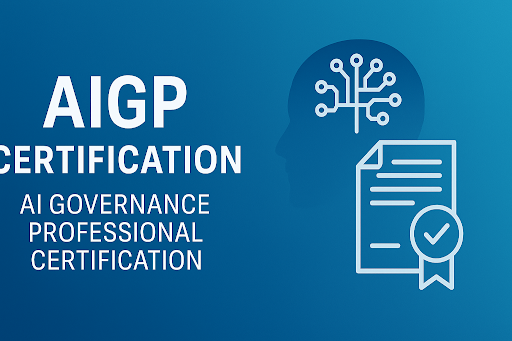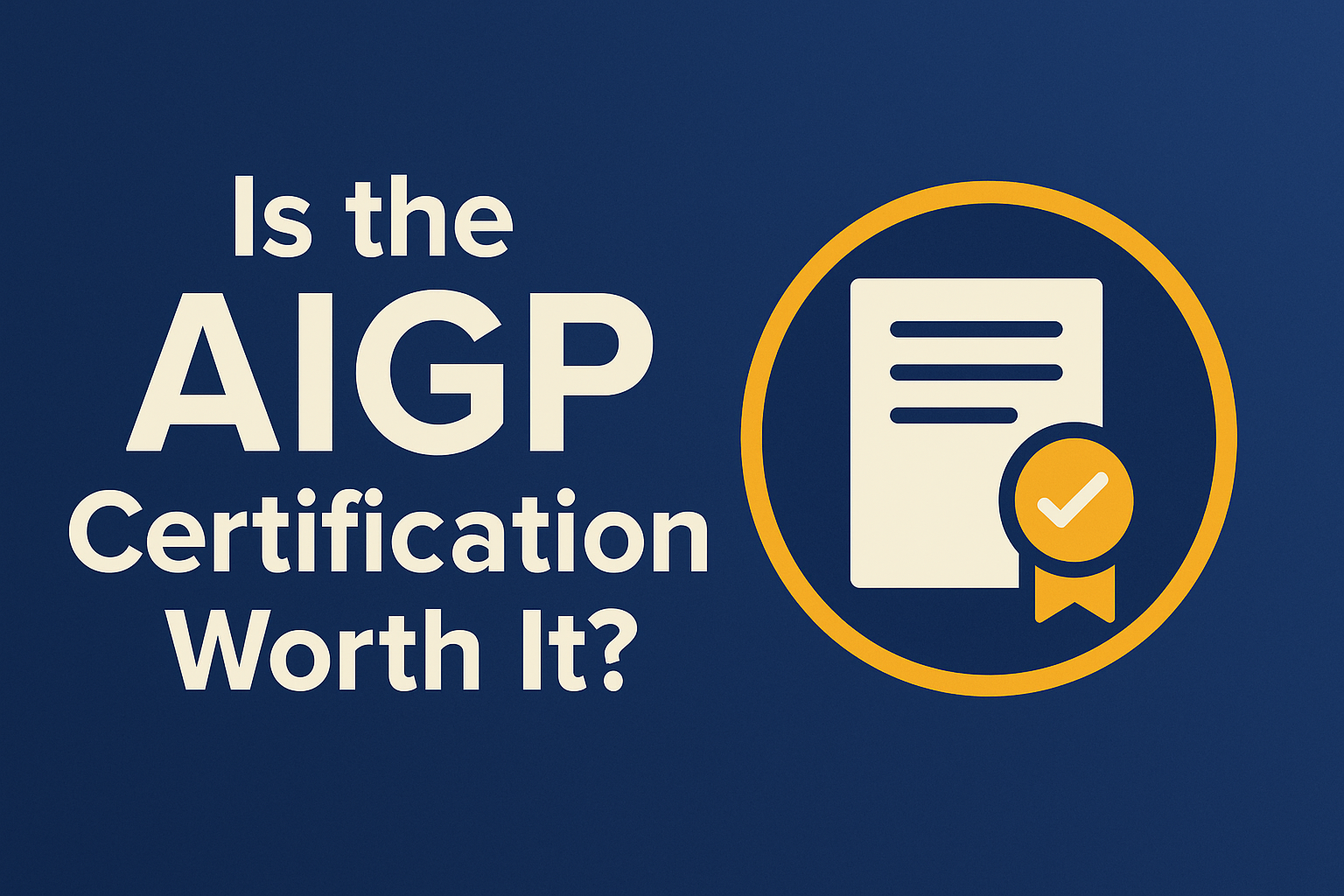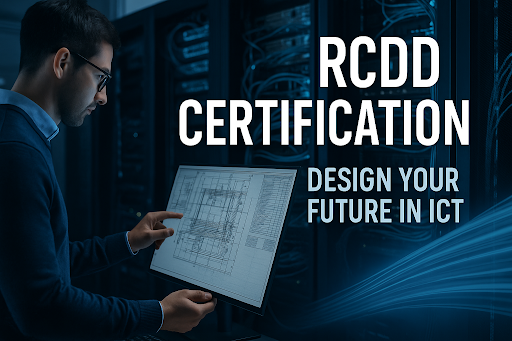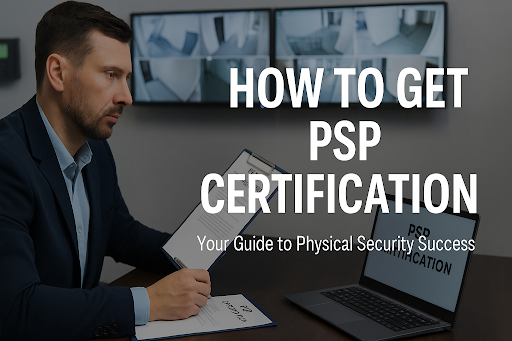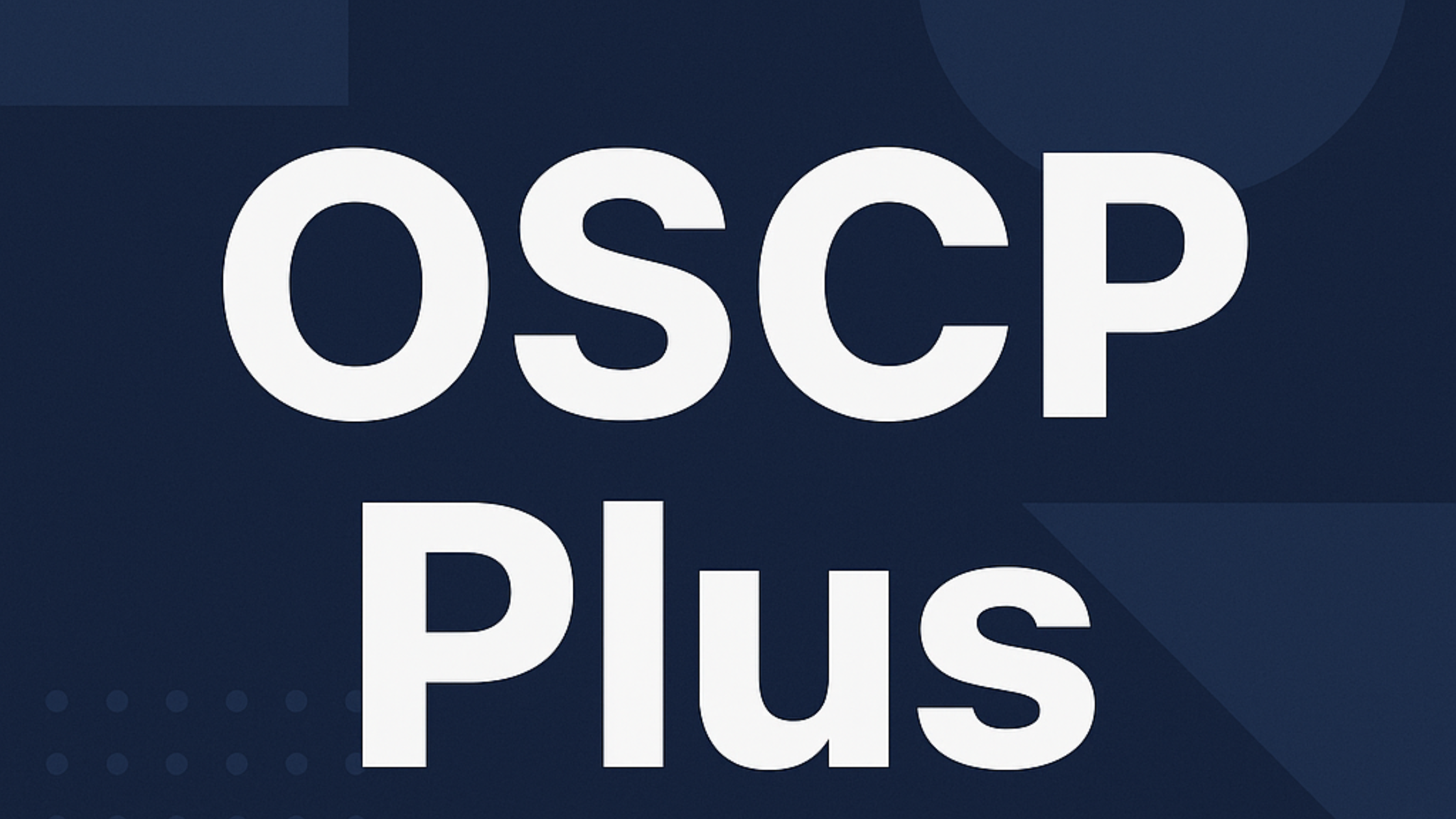In today’s privacy-driven digital age, data governance and AI compliance are more critical than ever. The Artificial Intelligence Governance Professional (AIGP) Certification—offered by IAPP—is designed to help professionals manage the ethical, regulatory, and operational risks associated with AI technologies. But preparing for the exam can be overwhelming without the right resources.
That’s where the AIGP Certification Book becomes essential. Whether you're a data protection officer, compliance expert, or privacy enthusiast, having the right study material makes all the difference.
What Is the AIGP Certification?
The AIGP is a new credential launched by the International Association of Privacy Professionals (IAPP). It certifies your ability to navigate the evolving regulatory frameworks surrounding artificial intelligence and machine learning. The exam tests your understanding of ethical AI use, bias mitigation, compliance strategy, and organizational AI governance.
Who Should Get Certified?
- Privacy and compliance professionals
- Data governance officers
- AI developers and data scientists
- Risk managers
- Legal and policy advisors
Becoming AIGP-certified enhances your credibility and opens doors to AI governance roles across industries.
Why You Need an AIGP Certification Book
The AIGP exam covers a wide array of topics, including AI ethics, data risk management, international compliance frameworks, algorithmic transparency, and more. A reliable AIGP Certification Book helps you:
- Understand complex regulatory concepts
- Organize study topics effectively
- Practice with sample questions
- Review real-world case studies
- Retain knowledge through summaries and visuals
Unlike scattered online materials, a well-structured book consolidates everything in one place for targeted and efficient learning.
Key Features to Look for in an AIGP Certification Book
Not all study guides are created equal. Here’s what to look for when choosing your AIGP Certification Book:
1. Comprehensive Content Coverage
The book should align with IAPP’s AIGP Body of Knowledge. Ensure it includes:
- AI lifecycle governance
- Legal frameworks (EU AI Act, GDPR, etc.)
- Ethical principles and bias mitigation
- Risk management techniques
- Organizational accountability practices
2. Practice Questions and Case Studies
Interactive elements like:
- Multiple-choice questions
- Scenario-based questions
- Real-world case examples
- Chapter-end quizzes
These reinforce your understanding and simulate exam conditions.
3. Updated for the Latest Exam Blueprint
Ensure your book matches the most recent exam update from IAPP. Outdated material can confuse or mislead your preparation efforts.
4. Visual Aids and Summaries
Flowcharts, tables, and bullet-point summaries can help simplify complex legal and technical concepts.
5. Author Credentials
Books authored or reviewed by certified AIGP professionals or IAPP instructors tend to offer better insights.
Top Recommended AIGP Certification Books
Here are some trusted options to help you study smarter:
1. Official IAPP AIGP Study Guide (If Released)
The IAPP typically releases official study guides for its certifications. These guides are tailor-made to align with the exam syllabus. While the AIGP is a newer credential, keep an eye out for the official AIGP Certification Book from IAPP.
Pros:
- Directly from the certifying body
- Aligned with the exam framework
- Credible and authoritative
Cons:
- May be expensive
- Might lack third-party insights
2. AIGP Prep Manual by Certified Experts (Independent Publishers)
Books authored by privacy professionals with AIGP experience often go deeper into practical scenarios and may include valuable tips and real-world applications.Recommended publishers:
- Global Practice Questions
- Privacy Engine
- AI Governance Collective Press
These often include exam dumps, flashcards, and PDF-based quick reviews.
3. AI and Data Governance Textbooks
While not strictly labeled as an AIGP guide, books like “AI Ethics and Governance for the Future” or “AI and the Law: A Practical Guide” offer supplementary knowledge.
How to Use an AIGP Certification Book for Maximum Results
Having the book is just the start—strategic reading and active practice make the difference.
1. Create a Study Plan
Break your study sessions by topic:
- Week 1: AI Basics & Lifecycle
- Week 2: Regulatory Frameworks
- Week 3: Ethics & Risk
- Week 4: Practice Tests & Review
2. Highlight and Annotate
Make notes in the margins, underline key points, and create flashcards for repeated concepts.
3. Take Practice Exams Weekly
Simulate real test conditions using the book’s practice exams. This helps you:
- Manage time
- Identify weak spots
- Build confidence
4. Review the Book Multiple Times
Go through each chapter at least twice. On the second read, focus on case studies and high-weight topics.
Common Mistakes to Avoid When Studying for AIGP
Even with a good AIGP Certification Book, success depends on your approach. Here are pitfalls to avoid:
❌ Over-reliance on Dumps
Using only dumps may help you pass, but not understand the core concepts—crucial for real-world AI governance roles.
❌ Ignoring Updates
If the IAPP changes the syllabus or introduces new regulations, older books become outdated quickly.
❌ Skipping Ethics and Bias Topics
These are high-weight sections in the exam and must not be neglected.
Where to Buy the Best AIGP Certification Book
You can find quality books from:
- IAPP’s Official Website
- Amazon or other e-commerce platforms
- eBooks from Global Practice Questions or AI Governance Publishers
- Training platforms offering bundled resources with instructor-led courses
Look for books with verified purchase reviews and professional endorsements.
Supplement Your Book with Online Tools
Pair your AIGP Certification Book with:
- Video tutorials (YouTube, Udemy)
- Flashcard apps (Anki, Quizlet)
- PDF summary sheets
- LinkedIn Learning privacy courses
- Mock exams from global exam prep sites
This multi-format approach caters to visual, auditory, and kinesthetic learners.
Conclusion: Is the AIGP Certification Book Worth It?
Absolutely. The AIGP Certification Book is a critical tool for anyone aiming to pass the IAPP AIGP exam with confidence. It offers structured learning, real-world scenarios, and practice opportunities that online resources alone often can’t match.
If you're serious about becoming a recognized expert in AI governance and want to master both the theory and application, investing in the right certification book is your smartest move.
